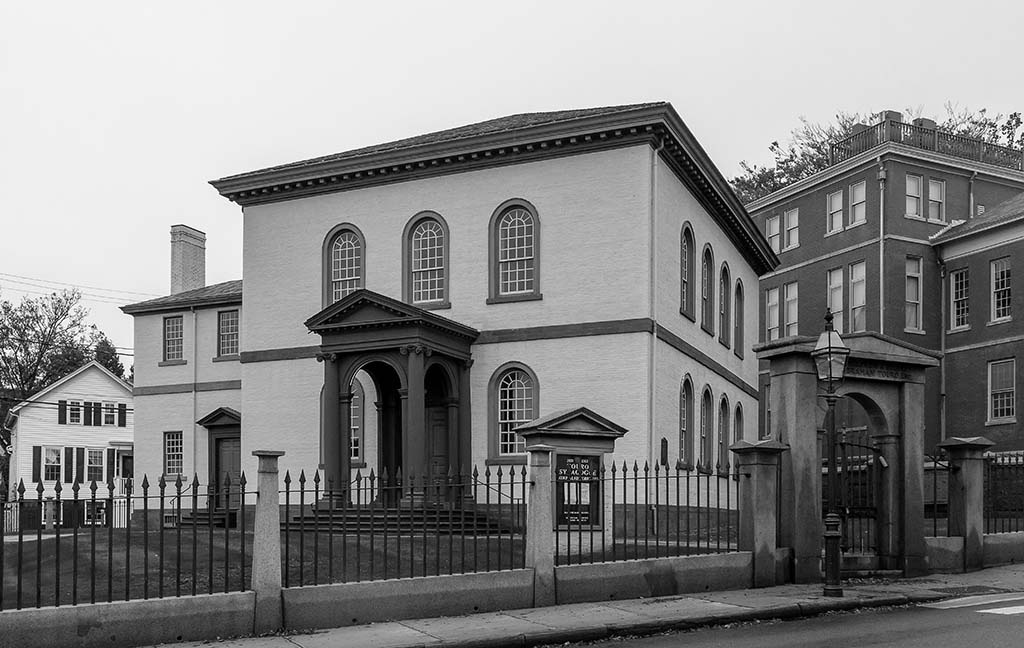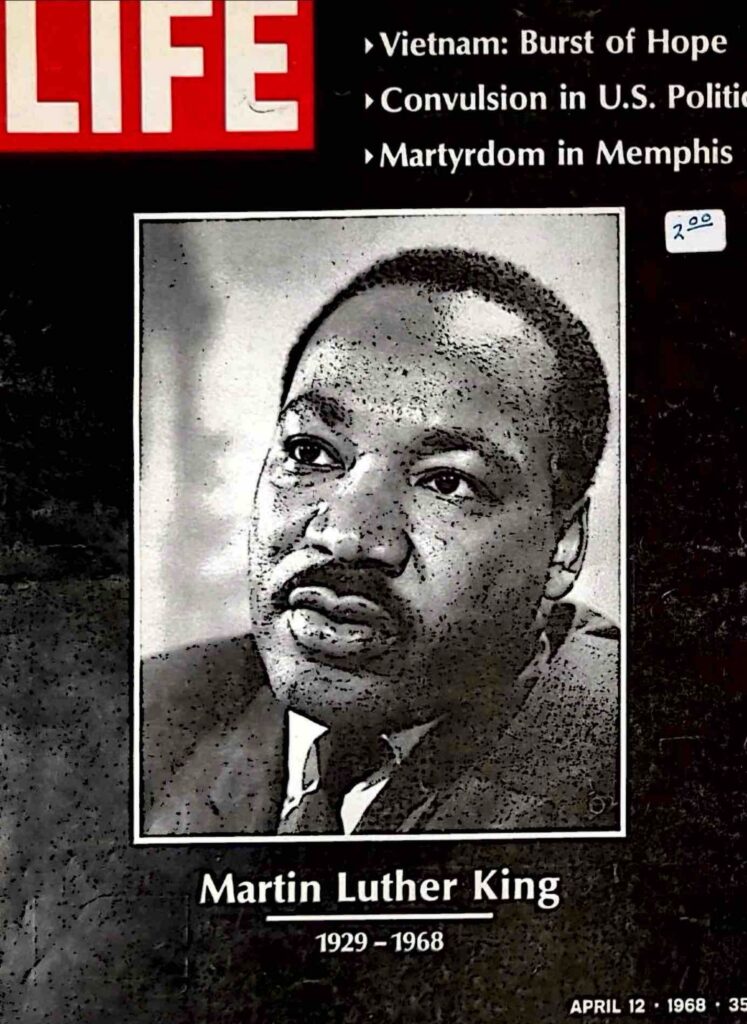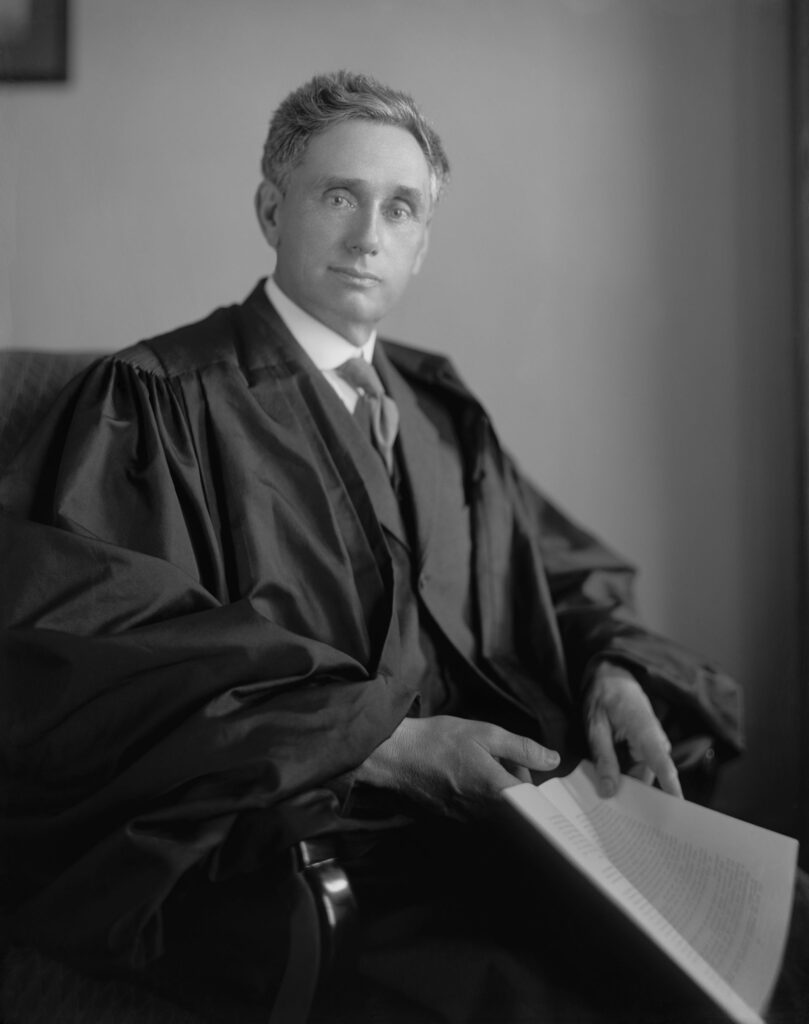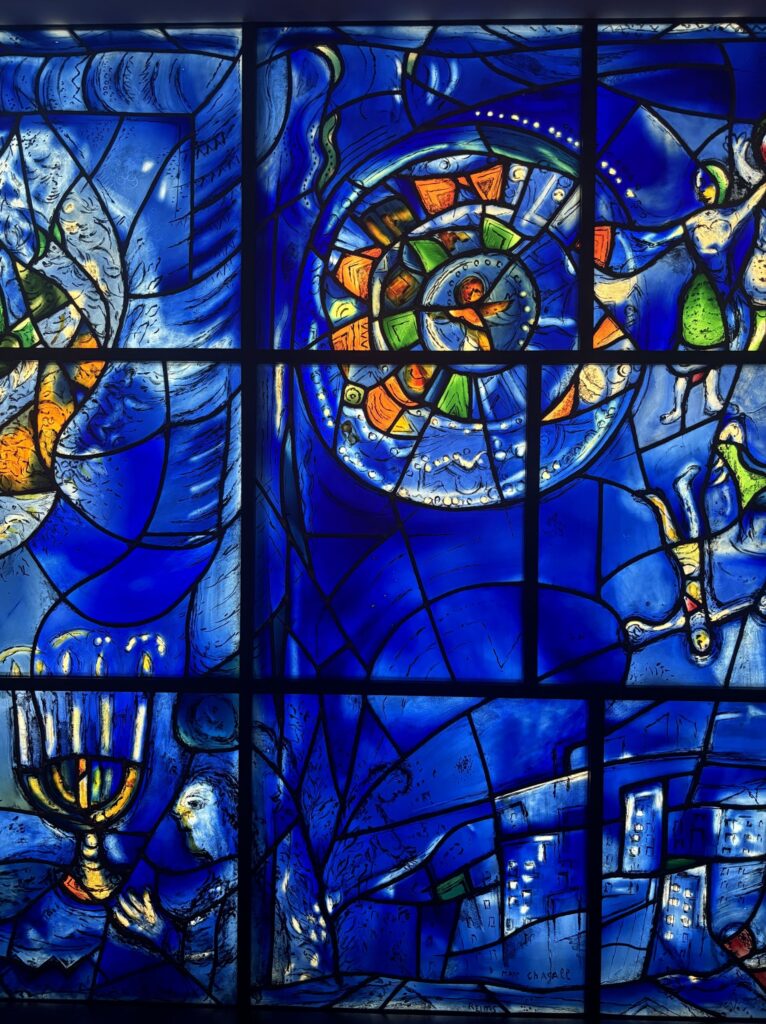

On Immigration
From George Washington to the Hebrew Congregation in Newport, Rhode Island, 18 August 1790
Gentlemen,
While I receive, with much satisfaction, your Address replete with expressions of affection and esteem; I rejoice in the opportunity of assuring you, that I shall always retain a grateful remembrance of the cordial welcome I experienced in my visit to Newport, from all classes of Citizens.
The reflection on the days of difficulty and danger which are past is rendered the more sweet, from a consciousness that they are succeeded by days of uncommon prosperity and security. If we have wisdom to make the best use of the advantages with which we are now favored, we cannot fail, under the just administration of a good Government, to become a great and a happy people.
The Citizens of the United States of America have a right to applaud themselves for having given to mankind examples of an enlarged and liberal policy: a policy worthy of imitation. All possess alike liberty of conscience and immunities of citizenship It is now no more that toleration is spoken of, as if it was by the indulgence of one class of people, that another enjoyed the exercise of their inherent natural rights. For happily the Government of the United States, which gives to bigotry no sanction, to persecution no assistance requires only that they who live under its protection should demean themselves as good citizens, in giving it on all occasions their effectual support.
It would be inconsistent with the frankness of my character not to avow that I am pleased with your favorable opinion of my Administration, and fervent wishes for my felicity. May the Children of the Stock of Abraham, who dwell in this land, continue to merit and enjoy the good will of the other Inhabitants; while every one shall sit in safety under his own vine and figtree, and there shall be none to make him afraid. May the father of all mercies scatter light and not darkness in our paths, and make us all in our several vocations useful here, and in his own due time and way everlastingly happy.


Religious Freedom and Tolerance
George Washington welcomed the Jews to Newport, Rhode Island, so warmly because he believed in religious freedom and tolerance. The Founding Fathers were dedicated to separating church and state, as seen in the First Amendment, which prohibits a national religion and protects religious freedom.
“Congress shall make no law respecting an establishment of religion, or prohibiting the free exercise thereof; or abridging the freedom of speech, or of the press; or the right of the people peaceably to assemble, and to petition the Government for a redress of grievances.”
—First Amendment
Constitution of the United States

A Search for A Better life
Jewish immigrants have been welcomed in the United States since 1654 in search of a better life and equal opportunities. They have escaped religious persecution, discrimination, and violence in their home countries. However, not unlike other immigrants, Jewish immigrants faced unique challenges and discrimination upon arrival in America.

FOTOGRIN/Shutterstock.com

A. Marino/Shutterstock.com
Pursuit of Unity
Dr. Martin Luther King Jr. eloquently highlights the interconnectedness of various immigrant experiences in America, emphasizing the common struggle against oppression and the pursuit of unity for a more just society. He told the American Jewish Congress in 1958: “My people were brought to America in chains. Your people were driven here to escape the chains fashioned for them in Europe. Our unity is born of our common struggle for centuries, not only to rid ourselves of bondage but to make oppression of any people by others an impossibility.”
Development of the Individual
During a period of mass immigration and increased American diversity, Justice Louis D. Brandeis reflected on the responsibility of the immigrant at a 4th of July oration in 1915 entitled True Americanism: “He must be brought into complete harmony with our ideals and aspirations and cooperate with us for their attainment…. Only when this has been done, will he possess the national consciousness of an American….What are the American ideals? They are the development of the individual for his own and the common good; – the development of the individual through liberty and the attainment of the common good through democracy and social justice.”

Everett Collection/Shutterstock.com

Rob Crandall/Shutterstock.com
Transition Into
American Society
The Jewish American experience is defined by embracing the American ideals of being virtuous individually and communally. Jewish immigrants persevered and worked tirelessly to establish themselves in their new country. They sought to assimilate into American society while maintaining their cultural and religious traditions, creating vibrant communities that enriched the cultural tapestry of America.
Jewish immigrants felt indebted to America and repaid the opportunity with hard work, philanthropy, and community involvement. Justice Ruth Bader Ginsburg embraced Jewish values of repaying America and promoting global justice, crediting principles like tikkun olam (healing the world) for shaping her legal career. Notable for displaying a mezuzah and incorporating the Hebrew phrase “Tzedek, Tzedek Tirdof” (“Justice, Justice You Shall Pursue”) on her robe, Ginsburg’s commitment to justice and Jewish values guided her during her time on the Supreme Court.
A Safe Haven
The American Windows-stained glass series by Marc Chagall captures the Jewish experience in America and gratitude for the country as a safe haven. Created in 1977 for America’s bicentennial, the series celebrates religious freedom and combines Jewish, Christian, and American imagery to showcase diversity in religious and national identities. Commissioned by the Art Institute of Chicago, these artworks symbolize coexistence, harmony, and inclusivity in American society.

FOTOADICTA/Shutterstock.com






